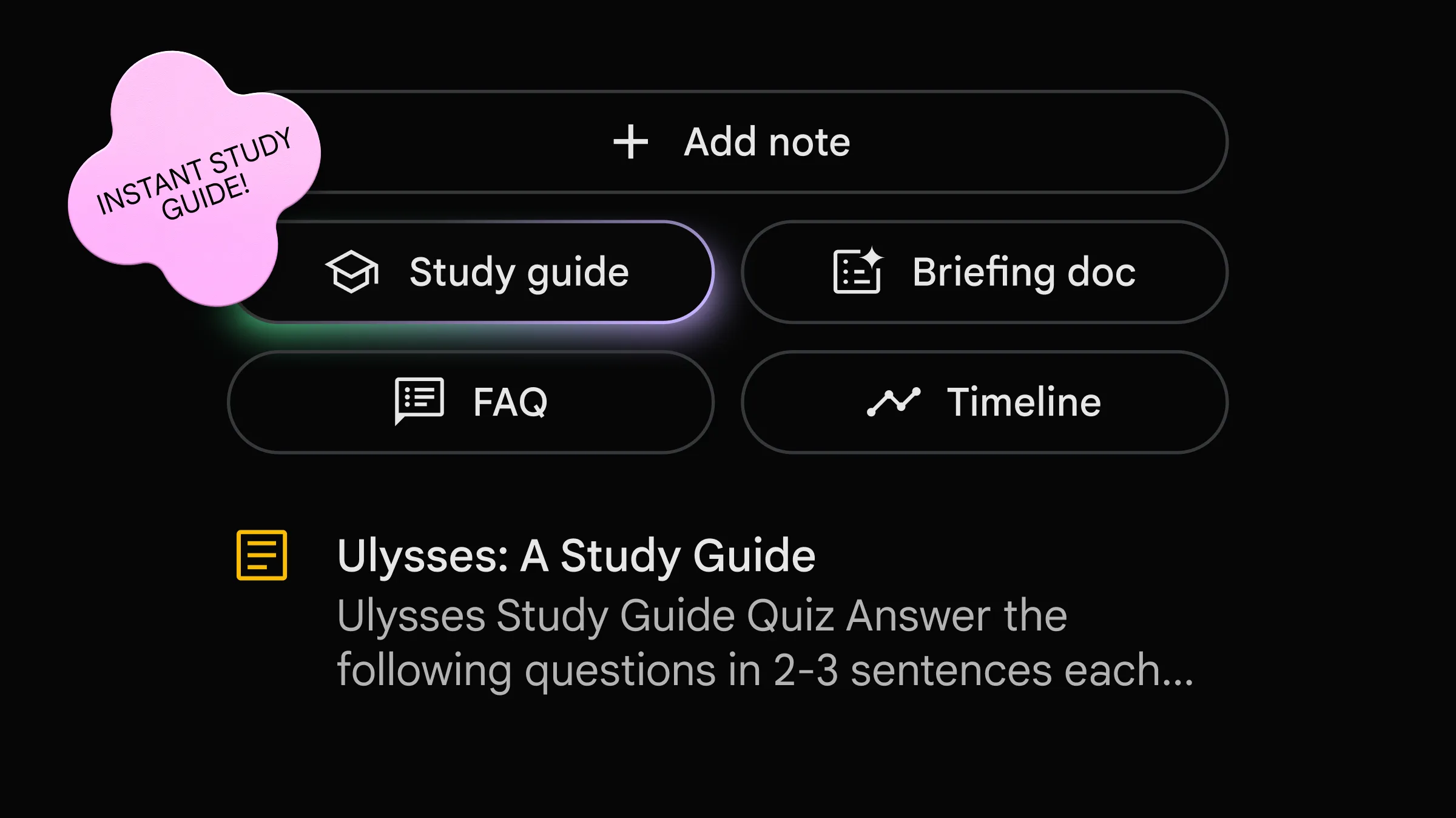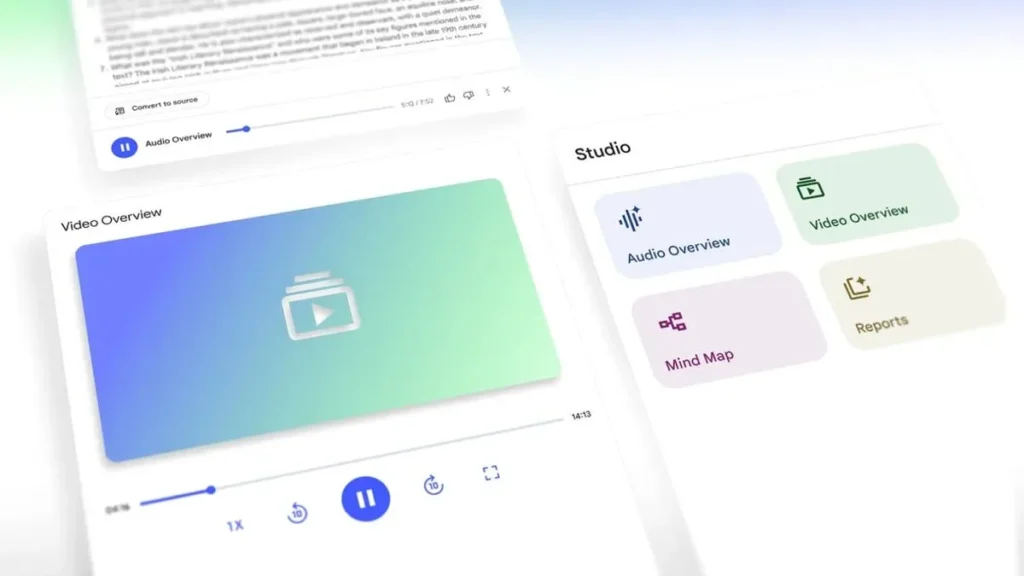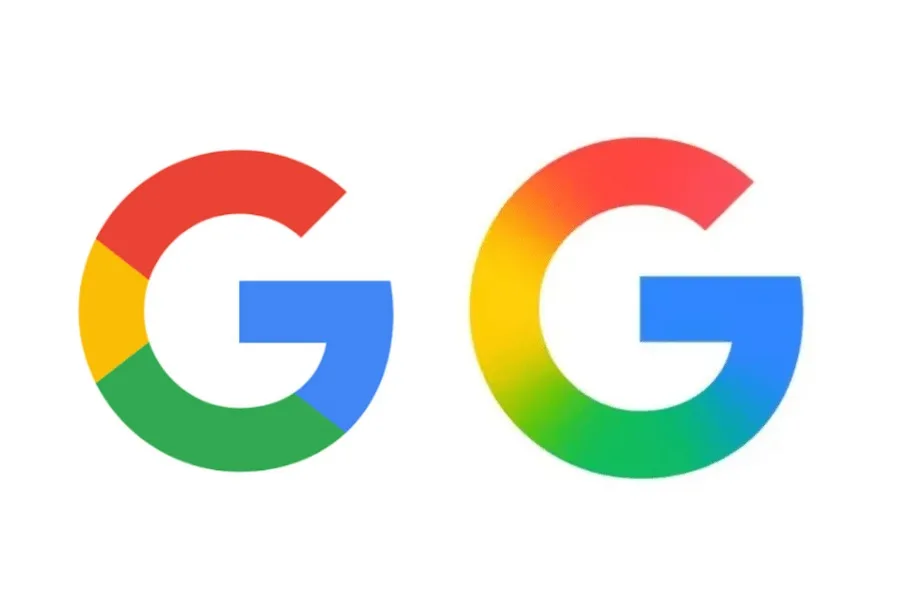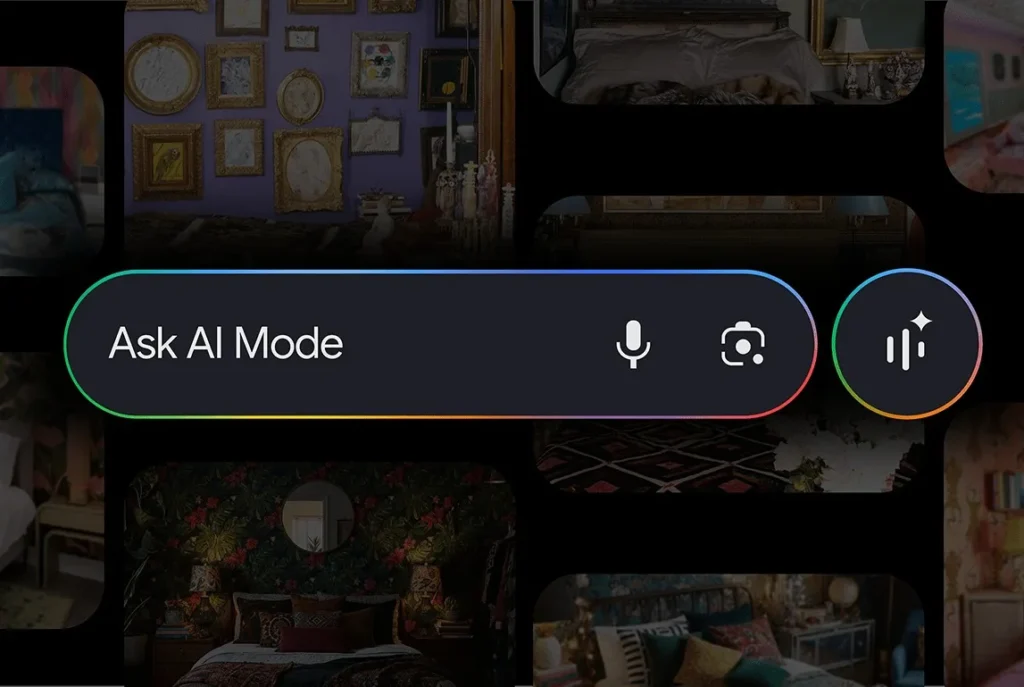NotebookLM: The AI Tool from Google Transforming Education
In the rapidly evolving field of technology in education, Google’s NotebookLM emerges as a powerful research assistant for teachers.
Designed as an AI tool based on retrieval-augmented generation (RAG), it allows users to import documents, generate summaries, create interactive podcasts, and even produce videos—always grounded in the provided sources.
NotebookLM: Promising Experiments in Data Science
A teacher, as reported by Towards Data Science, utilized NotebookLM in their machine learning classes:
- Students could query the AI using course notes and imported articles.
- The tool generated personalized study guides and quizzes.
- Podcasts simulating debates between experts made complex concepts like neural networks accessible.

The result: a time-saving advantage for teachers and a more engaging pedagogy for students.
Multimedia and Active Learning
With the addition of video (announced at Google I/O 2025), teachers can now create interactive sessions where each student contributes their own sources. NotebookLM then generates summaries and discussion points, encouraging collective exchange.
Tests also indicate its effectiveness in scenario-based learning: for example, simulating a data analysis workflow where the AI cites its sources in real-time, prompting students to develop critical thinking skills.
Challenges and Precautions
While the tool is appealing, it raises ethical and practical concerns:
- The risk of over-reliance on AI responses: human verification remains crucial.
- Data protection: uploaded documents are processed through Google servers, despite stated guarantees.
- Teacher training: universities like Florida Gulf Coast recommend workshops to leverage these technologies.
Towards Widespread Adoption?
NotebookLM is not limited to the sciences. In history classes, it can generate timelines and simulated debates based on ancient texts. In the humanities, it can transform corpuses into interactive notes or narrative podcasts.
With its new features (flashcards, tutoring mode, enriched video), NotebookLM is evolving into a comprehensive learning platform.
Beyond automation, NotebookLM illustrates a trend: enabling teachers to focus on mentoring and guidance rather than tedious preparation tasks. As highlighted in a SpringerOpen study, such tools promote a learner-centered pedagogy, essential in a digital world.
NotebookLM may not be perfect yet, but its experiments indicate significant potential for reinventing educational practices and making learning more personalized, interactive, and engaging.




